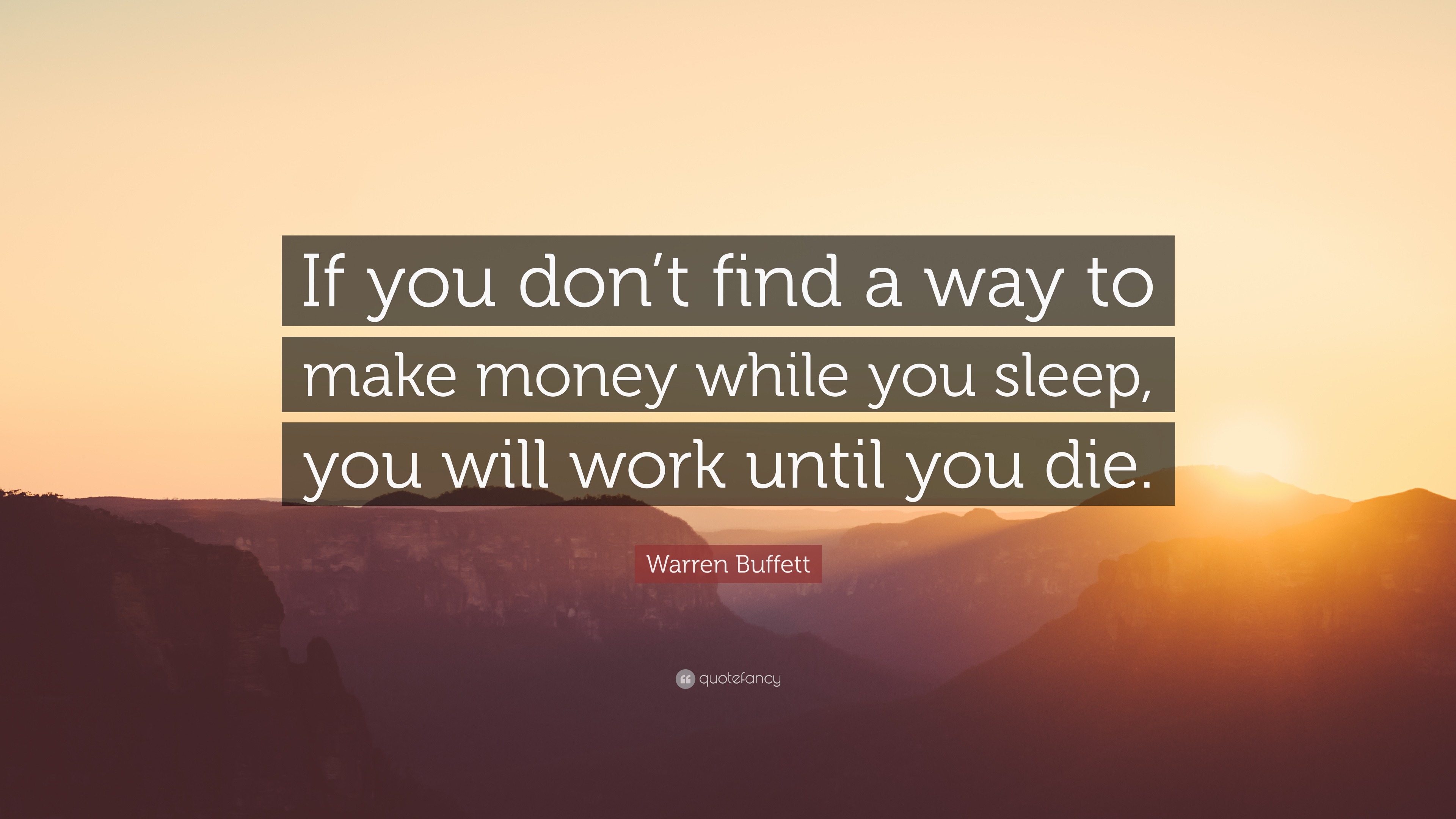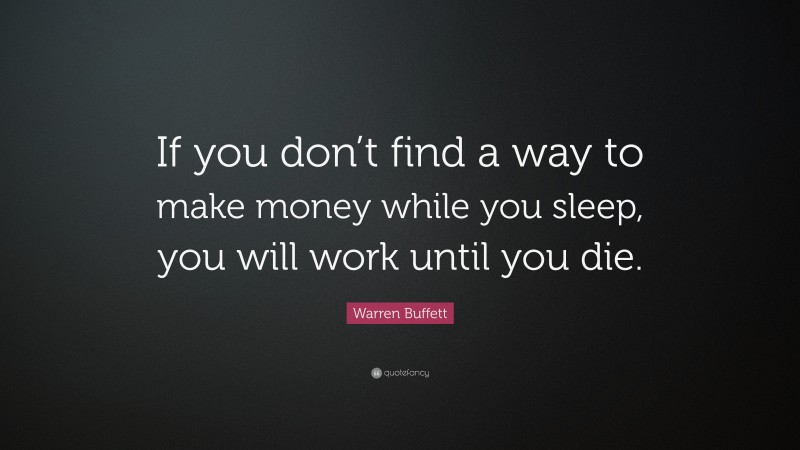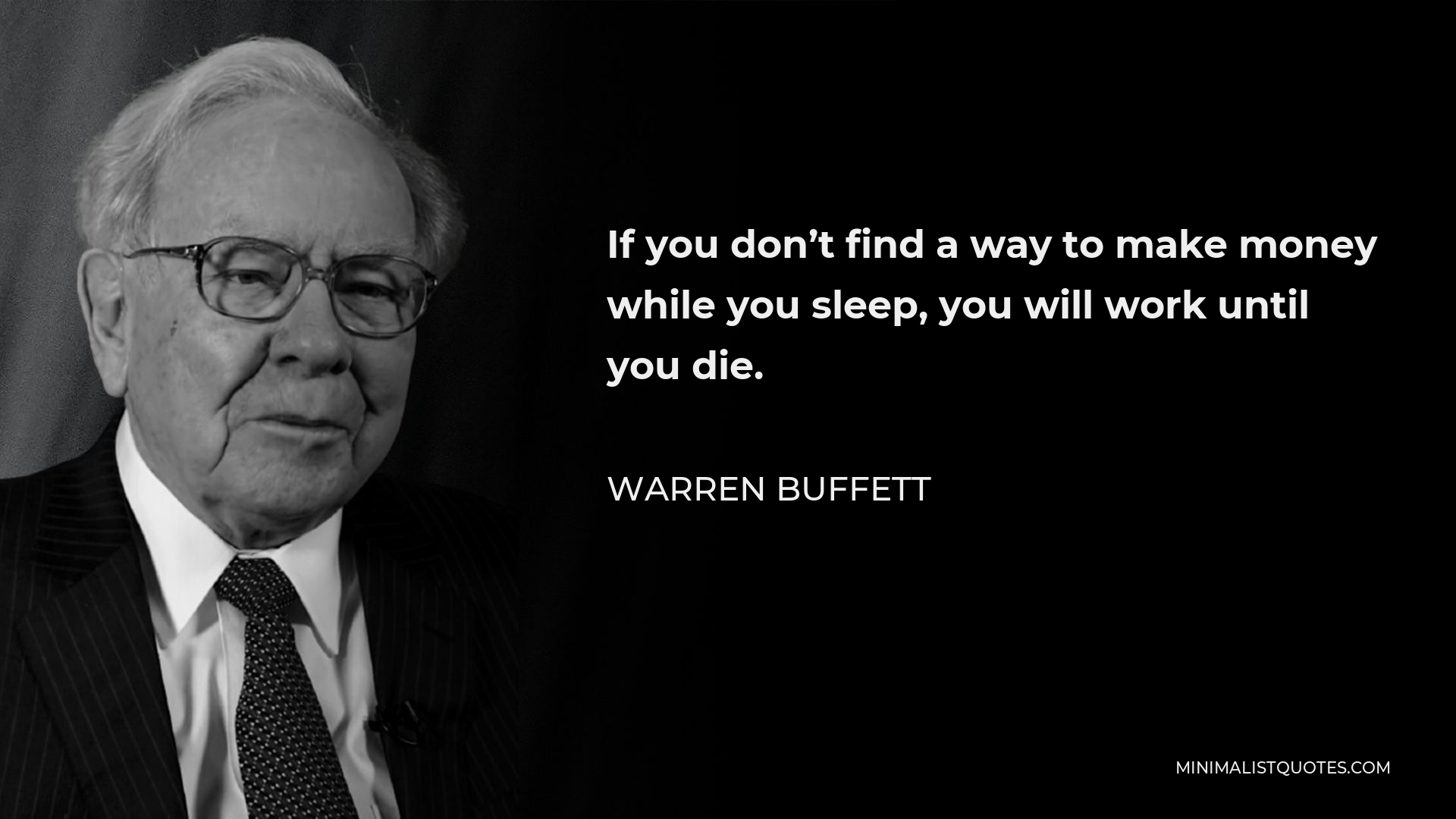If You Don't Find A Way To Make Money

Millions face a looming financial precipice as traditional job security erodes. Without adapting to the changing economic landscape and finding alternative income streams, many risk financial ruin.
The convergence of automation, globalization, and economic instability necessitates immediate action. Individuals must proactively develop new skills and explore diverse avenues for generating income, or face potentially devastating consequences.
The Shifting Sands of Employment
The rise of artificial intelligence and automation is rapidly displacing workers across industries. A recent study by McKinsey Global Institute estimates that up to 800 million jobs could be automated by 2030 worldwide.
This isn't a distant threat; businesses are already implementing automation solutions to cut costs and increase efficiency. Traditional job roles are being redefined, and many are becoming obsolete.
Globalization further exacerbates the problem, with companies increasingly outsourcing jobs to countries with lower labor costs. This trend places downward pressure on wages and reduces employment opportunities in developed nations.
The Gig Economy: A Double-Edged Sword
The gig economy offers flexibility and autonomy, but it also presents significant challenges. Millions are turning to freelance platforms for income, but the competition is fierce, and earnings can be unpredictable.
A report by Edison Research indicates that 36% of U.S. workers participate in the gig economy. Many rely on these gigs as their primary source of income, highlighting the precariousness of their financial situation.
Lack of benefits, job security, and consistent income streams make gig work a risky long-term strategy. Relying solely on the gig economy without a backup plan is a gamble that could backfire.
Investing in Your Future
Developing in-demand skills is crucial for survival in the modern economy. Focusing on areas such as technology, data science, and digital marketing can provide a competitive edge.
Online learning platforms like Coursera and edX offer accessible and affordable ways to acquire new skills. Taking advantage of these resources can significantly improve your earning potential.
Creating passive income streams can provide a financial safety net. This could involve investing in real estate, creating and selling digital products, or building an online business.
The Perils of Inaction
Failing to adapt to the changing economic landscape can have severe consequences. Financial instability, increased stress, and limited opportunities are just some of the potential outcomes.
Without a proactive approach to income generation, individuals may find themselves trapped in a cycle of debt and financial insecurity. Relying solely on traditional employment is no longer a viable strategy for many.
Taking control of your financial future requires planning, dedication, and a willingness to embrace change. The alternative is to risk being left behind in a rapidly evolving world.
Immediate Steps
Start by assessing your current skills and identifying areas for improvement. Research in-demand industries and explore potential career paths.
Develop a plan for acquiring new skills through online courses, workshops, or formal education. Set realistic goals and track your progress.
Explore alternative income streams such as freelancing, investing, or starting a small business. Diversifying your income sources can provide a buffer against economic uncertainty.


















